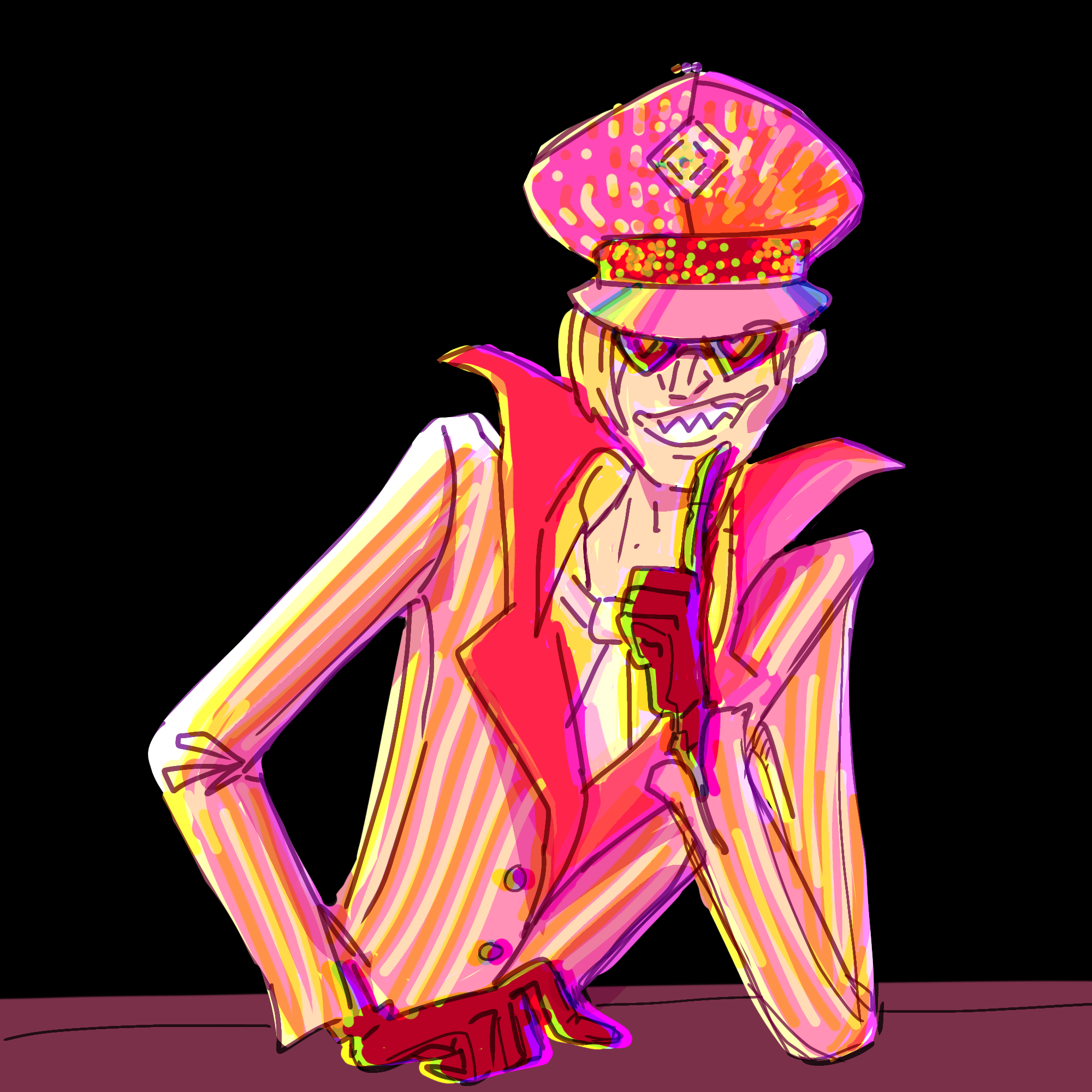I propose regarding oppression as something resembling dice. Its different facets would correspond to different forms of oppression, such as ableism, transphobia, misogyny, while the body of the die itself is the society’s attitude towards what deviates from the norm. Regardless of the exact nature of your deviance, when the die rolls, you may end up with something else, whatever is convenient for the society to deal with you right now. For the metaphor to work the best, we must also assume that the die is rigged.
For those who are confused by my mention of misogyny here, I believe that cisgender womanhood as a class takes a middle position between normative and deviant, because, while it’s a class that is normative in relation to transgender expressions, and nobody (usually) wants cis women to stop being cis women, they are still routinely judged as “defective men” in all other contexts. There are attempts to create artificial differences between men and women that put women in unfavorable light, and really existing differences are also exploited to paint women’s experiences as incorrect and inferior. Seeing women as “defective men” is an old tradition in European philosophy that goes all the way back to the Middle Ages, where the female genitalia was regarded as an inverted version of the male.
In a similar fashion other identities and experiences that are not unambiguously included into what usually is labeled as deviant are still punished by anti-deviance norms, simply because the golden standard of what a person must be was not shaped with them in mind. So types of oppression that predominantly target them are also present in the die. The opposite also applies - people from these groups are highly likely to be victimized by types of oppression, designed for deviants. For example, cisgender perisex black women become victims of transphobia.
It would be impossible to remove only one facet of the die, without tackling what’s at the core. Any attempt by an exclusionist movement to get acceptance (or “normalization”) only for themselves will not bring results.
This is actually a great comparison. Either we believe in inclusion or acceptance or else it’s exclusion, it doesn’t make sense that we would only be inclusive sometimes and claim to value inclusion.


